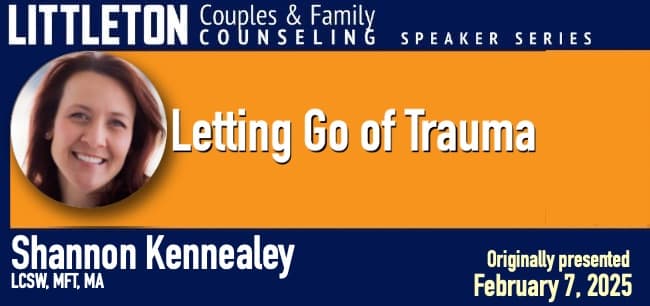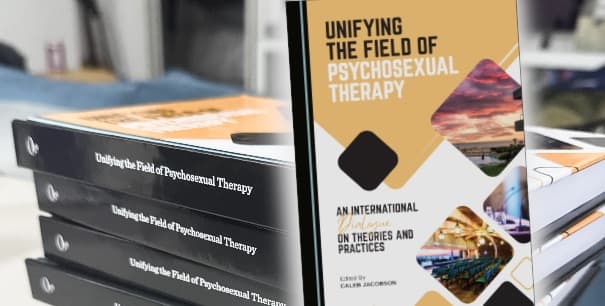How 2016’s changes to the ADA help people with ADHD
This blog is an example of adult ADHD in action. While initially researched for a friend struggling with a college class, I believe this information will apply to and may help others with adult ADHD.
Too many people think wheelchairs and blind people when they think about the Americans with Disabilities Act (ADA). The Act encompasses so much more. In 2016, ADD/ADHD was formally added to the Act.
Let’s define Adult ADD/ADHD
Let me take a moment and define adult ADHD for this blog. I consider an “adult” to be a person 18 years of age or older. Many people in society view ADHD to be a childhood disorder that magically “goes away” when kids grow up. Adult ADHD is just not that kind of a situation and continues to influence the lives of many adults as they work through college and enter what so many people consider normal adult life.
The 2016 Addition to the ADA
The US Attorney General’s Order No. 3702-2016 which took affect October 11, 2016 added Attention-Deficit/Hyperactivity Disorder (ADHD) as an example of a physical or mental impairment in §§ 35.108(b)(2) and 36.105(b)(2) without reference to age. These additions to the ADA including ADHD may seem insignificant since it could have been argued that ADHD has always been a “mental impairment”. Words matter, especially in law. Under the narrowed scope of coverage as written in the previous iteration of the ADA, some individuals with learning disabilities or ADHD may have been denied accommodations or failed to request them in the belief that such requests would be denied.
It is no longer allowable for a school or employer to baselessly claim that ADHD does not qualify a protected status. While much of the Initial Regulatory Assessment focused on the impact to postsecondary students and educational facilities, the unstated benefits for everyone with ADHD will be significant. Quoted from the order:
In addition to the discrete group of individuals with learning disabilities and ADHD who will benefit from the changes made to the definition of “disability”, there is a class of individuals who will now fall within the nondiscrimination protections of the ADA if they are refused access to or participation in the facilities, programs, services or activities of covered entities. The benefits to these individuals are significant, but unquantifiable.
For a focused example, there were a total of 20,486,000 Postsecondary Students, as calculated in the order. Of this figure, 2.96% of Postsecondary Students can be identified with a learning disability or ADHD, and 51.1% of these students are already receiving accommodations for extra exam time. Changes in the wording to the ADA that went into affect in 2016 could benefit 296,523 additional students each year. I would expect a similar amount of adults could benefit in the workforce.
Hopeful about Adult-onset ADD/ADHD
I am hopeful that future editions of the APA’s Diagnostic and Statistical Manual (DSM) will include more accurate applications of Adult-onset ADHD and reduce the requirement of childhood onset of symptoms. Until that day arrives, I continue to help adults with ADD/ADHD-like symptoms who wish to achieve more success throughout their lives.







